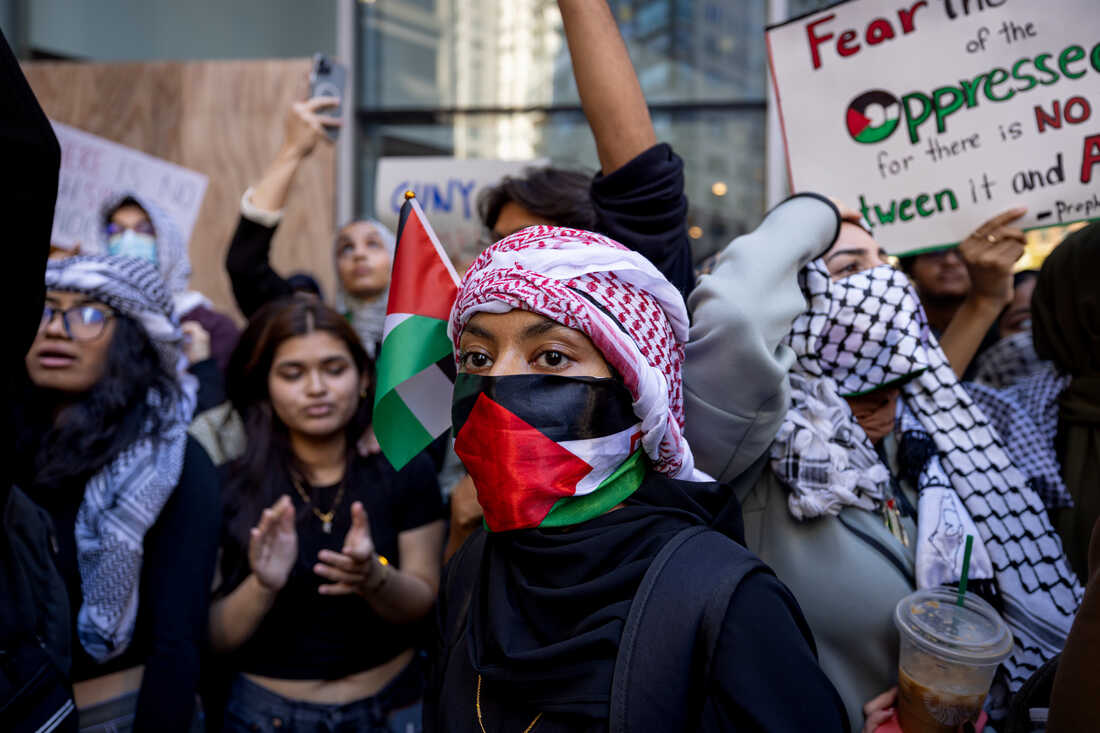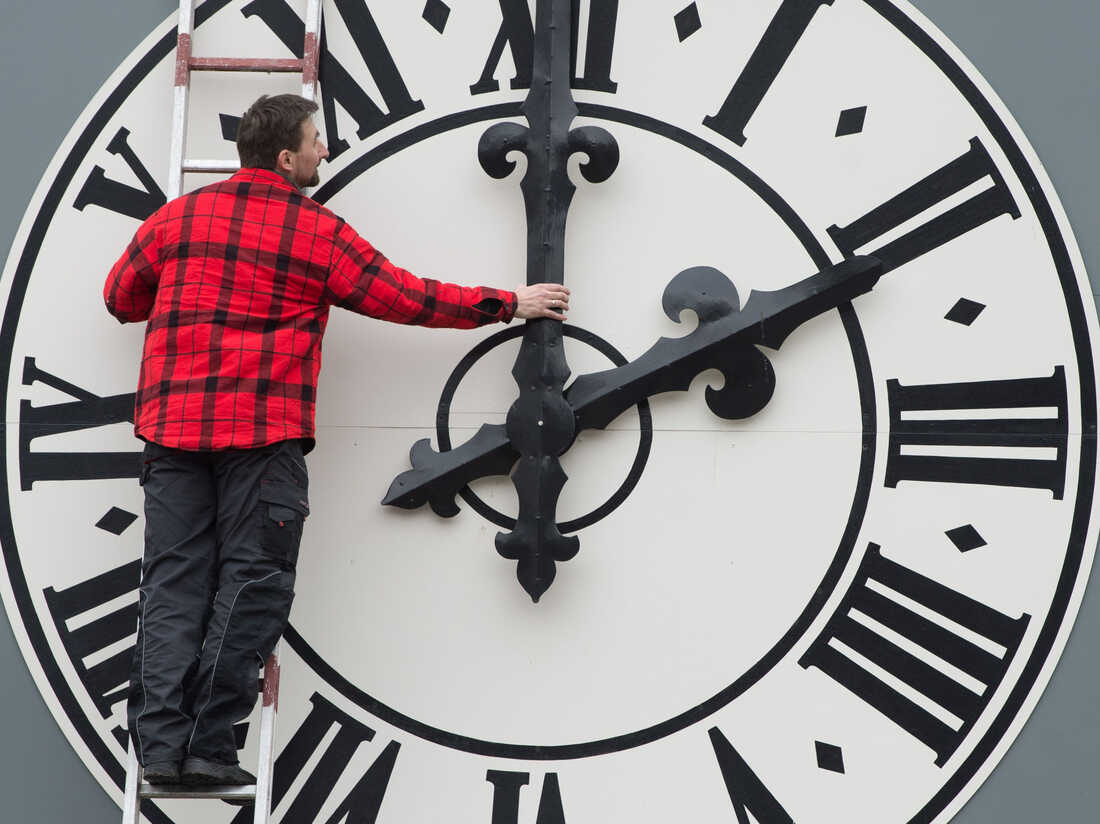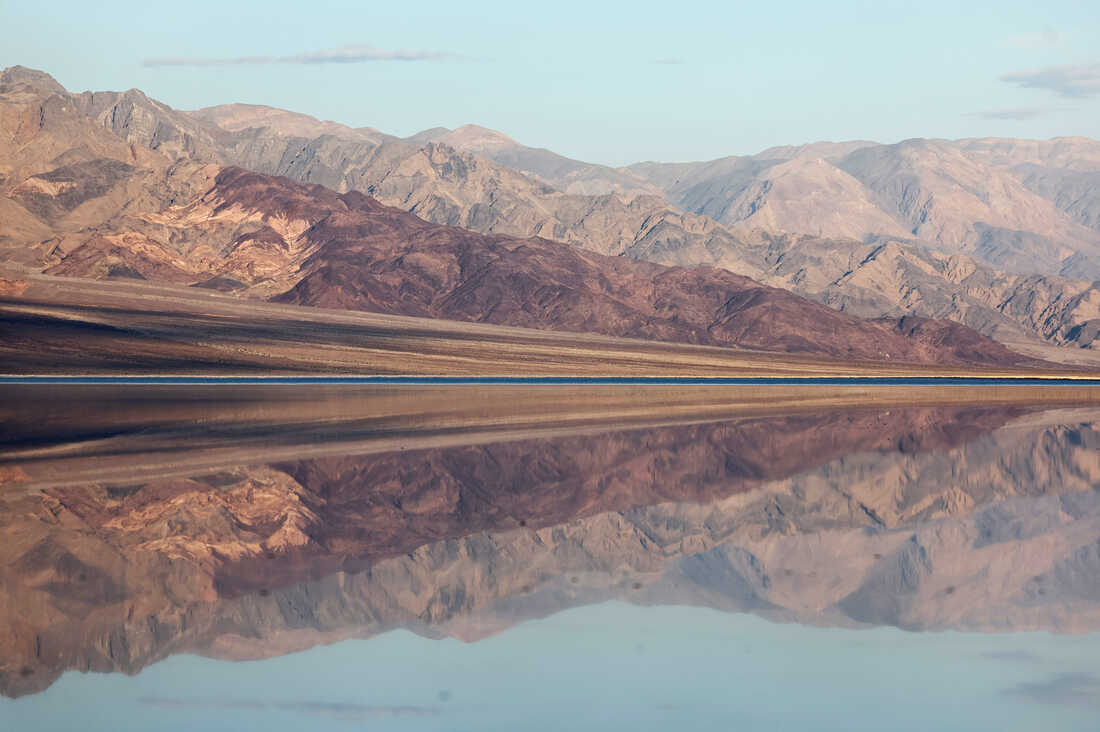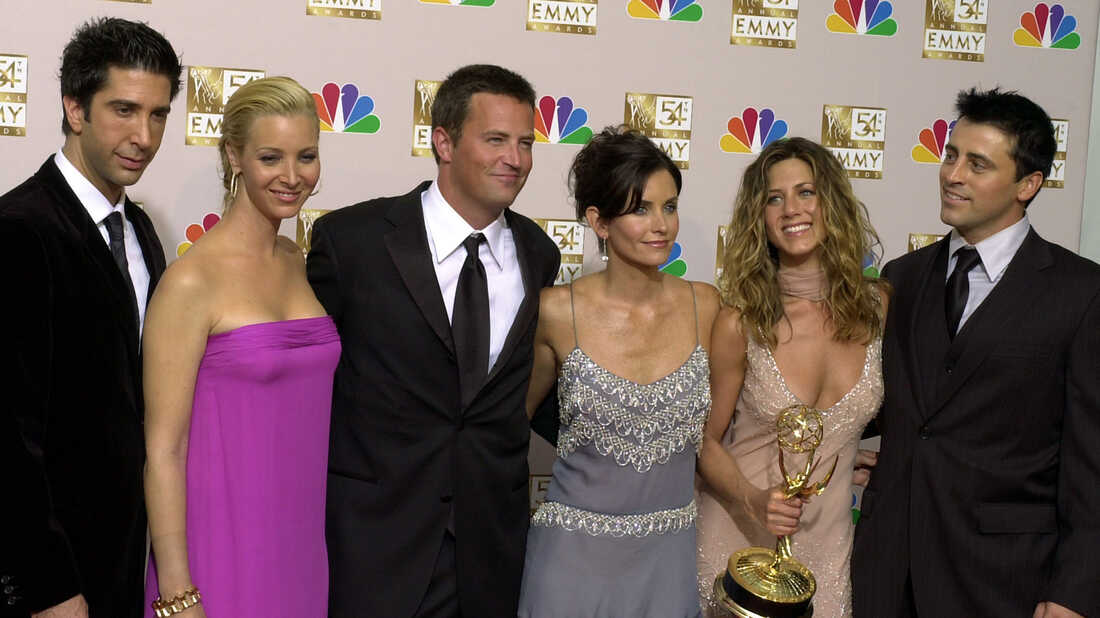His call for empathy has made this Jewish studies professor feel isolated
By Rachel Martin
Students from Hunter College chant and hold up signs during a pro-Palestinian demonstration at the entrance of their campus in New York earlier this month. Michael Nigro/Pacific Press/LightRocket via Getty Images hide caption
toggle caption Michael Nigro/Pacific Press/LightRocket via Getty ImagesStudents from Hunter College chant and hold up signs during a pro-Palestinian demonstration at the entrance of their campus in New York earlier this month.
Michael Nigro/Pacific Press/LightRocket via Getty ImagesThere's a particular feeling of uselessness that can take hold when you are watching a horrible thing happen far away from your home — but that same thing is causing your friends and neighbors deep pain.
The war in Israel and Gaza has created this web of shared grief connecting friends and strangers. In the days right after the Hamas attack, my neighbor was worried about her extended family in Israel who she was having a hard time tracking down.
Another Jewish friend has been working through her own grief, albeit from a distance — one of the women in her broader friend network lost two nieces. One was killed by Hamas, the other is missing.
, trying to stake out some middle ground, where Jews and Palestinians on campus could safely stand and grieve for one another.I felt like there was hope in that idea, so I reached out to see if he'd be willing to talk. I also craved a long view. A historian's take. Because perhaps, with distance, the pain is lessened? It became clear very quickly that historians fix their gaze in the past, but they live with us here, now, in this present moment, and it can be too much to bear.
Martin: What kinds of questions were you getting in the classroom?
Myers: I think what I encountered was a great deal of mystification about how students on the other side of the divide failed to understand where they were. It was much less about, "Can you help me understand what took place in geopolitical terms?" and more about, "How could that group be so uncomprehending and so lacking in basic empathy?"
Martin: So you immediately started to feel an us versus them tension?
A pro-Israel demonstrator shouts at Palestinian supporters during a protest at Columbia University in New York on October 13. Yuki Iwamura/AP hide caption
toggle caption Yuki Iwamura/APA pro-Israel demonstrator shouts at Palestinian supporters during a protest at Columbia University in New York on October 13.
Yuki Iwamura/APMartin: So in all this, you're dealing with your own grief over the tragedy. You are trying to still be a history professor. You are watching these tensions build among the students on your campus. At what point do you feel a need to write this op-ed?
Myers: What became clear was that I had to write something that made the very simple and intuitive claim that now is the time to recognize the humanity of all. Now is not the time, at least for me, to take sides.
I knew that that would elicit many suggestions that I was a traitor to my people, the Jewish people. And I knew it would elicit many claims that I failed to understand the depth of suffering of the Palestinian people. But I had to write what I had to write. And I believe it's not only intuitive, it's the moral place where I need to be.
Which is to say, it is an absolute moral imperative to condemn without equivocation the massacre that took place on October 7th. And it is a moral imperative to attend to the extraordinary suffering that Palestinians in Gaza are now undergoing, and that the two are not exclusive of one another.
Palestinian supporters chant as they march during a protest at Columbia University on October 12. Yuki Iwamura/AP hide caption
toggle caption Yuki Iwamura/APPalestinian supporters chant as they march during a protest at Columbia University on October 12.
Yuki Iwamura/APMartin: As a history teacher, I think part of your job is looking back through time and identifying patterns and teaching students also how to identify them and then to hopefully break the patterns that don't serve us anymore, right? As people, as societies, as humankind. How do you do that in this conflict when the same cycles of violence repeat themselves over and over for generations?
Myers: Yeah. And those cycles are rooted in profound traumas, which in some sense clashed with one another. The trauma of the Holocaust, of course, known to almost all, and the trauma of the Nakba, of the displacement and expulsion of 750,000 Palestinians during the 1948 war. I guess my answer to your question, Rachel, about how we break out of the mold, is to ask ourselves, how's it going? How well is it working? And I think from what we've seen over the last two weeks, it's not working well at all. That kind of death embrace of two siblings, I often think of them as Jacob and Esau, is detrimental to the health of both.
Martin: I wonder where you are finding solace right now.
Myers: It's a very tricky question, in part because I take solace in prayer and in prayer in community. But this is a period in time in which I do not feel in sync with my community and I feel my community does not feel in sync with me. And therefore I feel some measure of what many of us feel at this time, just extraordinary loneliness.
But I also see how, particularly the Psalms, offer sources of consolation. And open up the possibility of moving beyond where we are. And every day we say a verse, which I wrote down, because I carry it with me now. It says: "You turned my lament into dancing. You undid my sackcloth and girded me with joy."
And I have to hope, because there is no alternative, that once again, our lament can turn into dancing.



